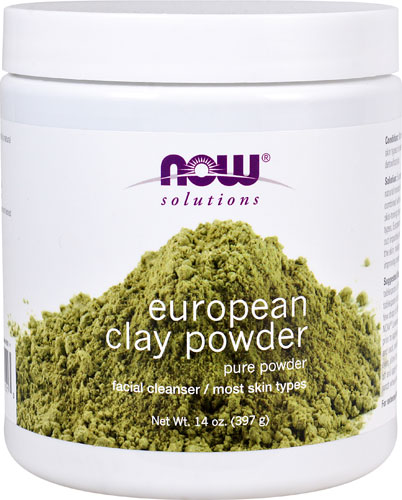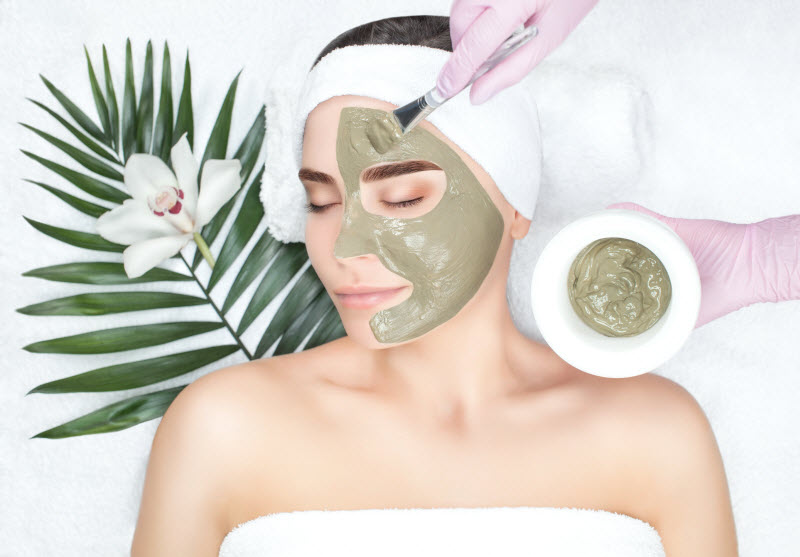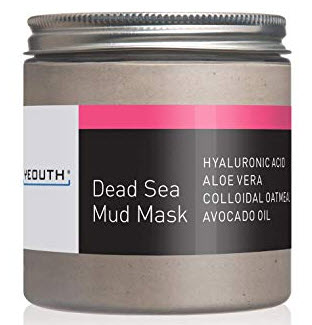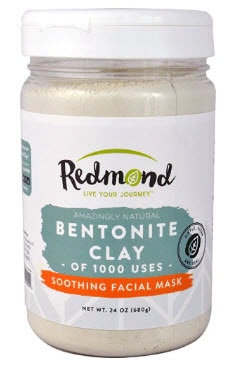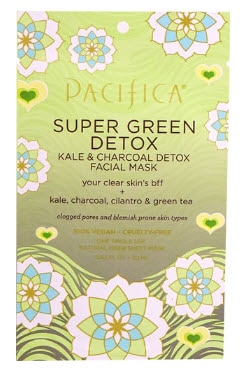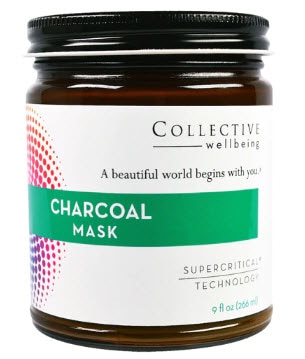It’s probably not too surprising to hear that face masks are one of the most sought-after treatments at salons and spas. Besides that tingling feeling, the amazing smell and overall “ahhh” factor – all sensory thrills we love! – masks can work some serious magic on our complexions.
A good way to think of face masks is as a complementary addition to your beauty routine. They offer many benefits, but – of course – they’re going to be more effective when used as a part of a skincare regimen including retinols, antioxidants and sunscreen.
With so many types available today, you don’t even have to book an appointment (or spend a ton of money!) to experience the benefits. Here’s a brief primer on what’s out there so you can learn which type is best for your needs.
What do Face Masks Do?
Mud masks
Real mud masks contain several ingredients, including minerals and soil. Some of the most popular ones use mud sourced from the Dead Sea. This mud, in particular, is very rich in bromide, sulfur, sodium and magnesium. These are all minerals that can help improve skin issues such as breakouts, acne and psoriasis. The biggest benefits of using a mud mask is skin healing and hydration.
Clay masks
Clay masks consist of clay, commonly including varieties such as French green, kaolin and bentonite. With this type of mask, it typically comes in a powder and then turns into a paste when mixed with liquid, such as water.
Although clay masks are ideal for all skin types, a bentonite clay mask is a smart option if you have oily skin. Skincare experts often recommend using raw apple cider vinegar instead of water for enhanced benefits. The combination of clay and ACV creates a mask with a neutral pH that’s better for skin. ACV itself is said to help combat cases of acne.
Sheet masks
Sheet masks are fabric that have been soaked in a serum. The fabric has holes/openings for your mouth, nostrils and eyes. This type of mask is designed to be worn for about 15 to 20 minutes. It creates a physical barrier that is prevents the serum from evaporating from your face before your skin absorbs it. While the benefits vary based on the serum and type of mask, most are designed to soothe and hydrate the skin.
Charcoal masks
Charcoal face masks come in powder form in a jar or as a sheet mask. It contains activated charcoal powder as the main ingredient. This substance is well known for its ability to draw away impurities such as oil and dirt, leaving skin detoxified and refreshed.
When charcoal and clay are paired together, the mixture offers both deep cleaning and nourishing benefits. Used regularly, it can help keep oiliness in check and pores looking their best.
Sleeping masks
A sleeping mask is also called a sleeping pack. Its purpose is to hydrate the skin while you sleep so you can wake up with a hydrated, glowing complexion. You will find this type of leave-on mask in cream form. Many people like this type of mask because it can help to fight fine lines, plump up your skin and provide intense hydration.
Choosing the right mask for you
If you want to improve the health and appearance of your skin, adding face masks to your routine will help. Be sure to thoroughly research the options and consider your goals carefully when choosing the best face mask for your needs. When in doubt, consult with a dermatologist or esthetician for advice.



